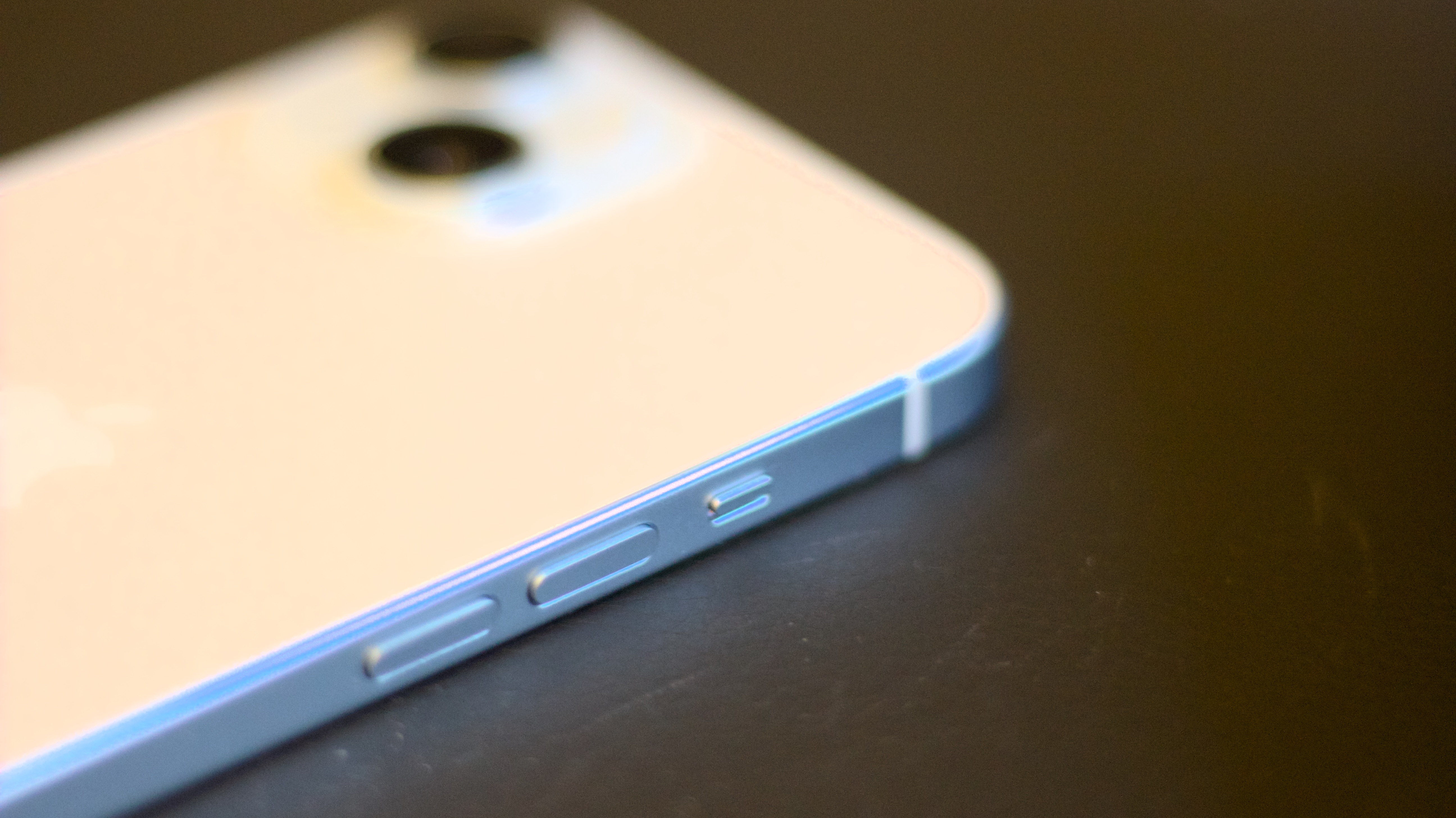
If you’re excited for WWDC 2024, iOS 18, and the advent of Apple AI on iPhone, iPad, Mac, and beyond, then you’ve got an unlikely Apple rival to thank for the company’s new-found enthusiasm for all things intelligent and artificial.
In a new story this week, WSJ has revealed insight into how Apple “fell behind in the AI arms race” and is trying “to catch up with Microsoft, Alphabet’s Google, and other rivals that have begun to integrate generative AI into their core products.”
The report recounts plenty of rumors and reports we’ve already heard, including Apple’s plans to unveil a partnership with OpenAI that will see ChatGPT integrated into the iPhone. The report also reiterates a claim made this week that Apple software chief Craig Federighi seems to be all in on AI. A major ChatGPT-on-iPhone leak earlier this week revealed that he “pushed managers to pack the latest version of the iPhone and iPad operating system — known internally as “Crystal” — with as much AI as possible.” WSJ repeats that sentiment and has also revealed why. The reason for Apple’s AI pivot? Microsoft Copilot.
Microsoft Copilot wows Apple exec
According to Thursday’s report, “everything changed” at Apple when ChatGPT launched in 2022. Up until that point, Apple was working on AI, trying to improve Siri with “loosely defined deadlines” and lax collaboration with other parts of the company. WSJ writes that Federighi “became a convert” to AI over Christmas 2022 “after he began playing around with the Microsoft-owned GitHub AI coding tool called Copilot.”
The report claims that Apple underwent a massive overhaul, with employees “tasked with coming up with new ways of incorporating generative AI into products and given resources to pursue these projects.” Reportedly, Federighi “said that he had come to appreciate generative AI technology and that it would be incorporated into all aspects of Apple’s software.”
It’s this moment that has led us to the cusp of WWDC and Apple’s first foray proper into the world of AI, expected at the June 10 keynote.
Apple has touted “machine learning” for years, and the AI behind features like Face ID and computational photography on its best iPhones has become ubiquitous to the Apple experience. But lately, Apple has made a more concerted effort to talk about AI. Notably, it dubbed the new M3 MacBook Air the “world’s best consumer laptop for AI,” its powerful 16-core Neural Engine (NPU) driving features like speech-to-text, translation, and more. Similarly, its new best iPad, the M4 iPad Pro, was billed by the company as an “outrageously powerful device for AI.” The beefed-up NPU in the M4 chip is capable of 38 trillion operations per second. That’s not as much as Microsoft’s Copilot Plus brand of new PCs, but it’s a valiant start.
The first Apple hardware with a serious AI hardware thrust is expected to be the new iPhone 16, tipped for a release in the usual September window later this year.







